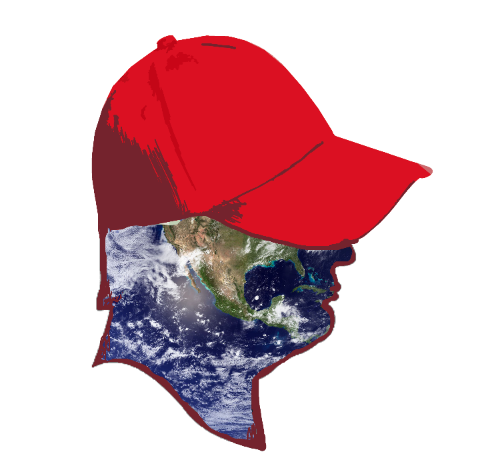Ep. 68: 'This is no longer about the science. This is somebody's ideology.'
A top climate scientist resigned from the Agriculture Department this month. Lewis Ziska says the USDA buried his research. He's one in a line of researchers who've left the federal government because they claim the administration is censoring climate science.
Ziska's climate research at the USDA dates back more than 20 years. He's published studies on the impact of climate change on everything from crop production and food security, to plants like ragweed and poison ivy. His most recent work has been on how increased carbon in the atmosphere decreases the nutrients in rice, a staple for 600 million people worldwide. And that’s the work that got him into trouble. He says after his research team submitted the groundbreaking work, the USDA was planning to write press release on it.
“But then something strange happened,” he says. “We got a response from the media people that the national program staff, the same program staff that approved the paper in the first place, is now saying that your data do not support the conclusions of the paper.”
Ziska says the first thing he thought was, ‘this is no longer about the science; this is about somebody's ideology.’ The research Ziska presented was peer reviewed evidence showing that rising CO2 is affecting rice nutrition. He says the agency’s response indicated to him that there was a paradigm shift in how science was being treated at USDA.
“That's when I realized I needed to to leave the agency,” he says.
Ziska is now settling in to a new job at Columbia University. But he says he’s extremely worried about the number of children who will be impacted by the effect climate change is having on agriculture and food supplies.
“One of my goals as a scientist — it’s not so much a science goal as a moral or ethical goal — is to make sure that there are fewer children that die from malnutrition,” he says. “So how we begin to address the uncertainty of climate in the context of being able to feed all those additional people is something that keeps me up at night.”


